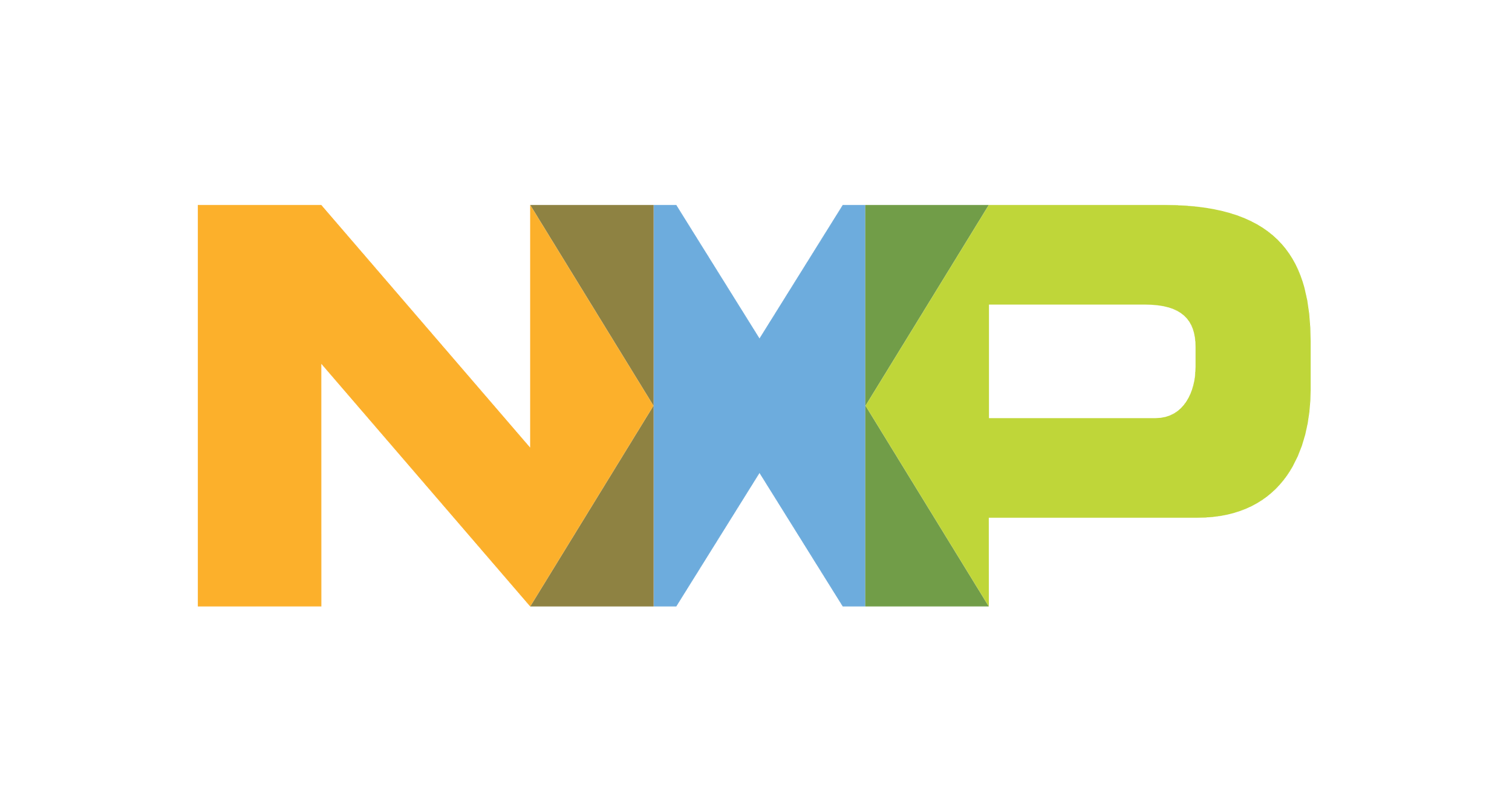
QSea - a European consortium developing scalable ion-trap quantum computers
QSea is a consortium led by NXP Semiconductors, eleQtron and ParityQC. Commissioned by the DLR Quantum Computing Initiative (DLR QCI), the consortium manages two projects: QSea I and QSea II. These projects aim to advance the ion-trap quantum computing technology and develop modular, scalable quantum computers. This breakthrough technology will be used for research purposes by the German Aerospace Center (DLR) and will become available to end-users in various industrial sectors.
The first universal quantum computer built in Hamburg
The QSea project represents one of Europe’s largest efforts in quantum computing to date. The project was launched in February 2023. The QSea I quantum computing demonstrator has been unveiled on May 30th 2024 in Hamburg, in the presence of Germany’s Chancellor Olaf Scholz.
The three project partners - eleQtron, NXP Semiconductors and ParityQC - are currently working in close contact in Hamburg. The final outcome of QSea will be a scalable quantum computer completely developed in Germany, based on the breakthrough ion-trap technology.
With QSea, we contribute to creating the industrial basis and the economic environment for quantum computers in Germany: an advanced quantum computing ecosystem.
On the way to scalable quantum computing with ion traps
In the context of the QSea project, the unique expertise of the 3 partners will be combined to achieve a next-generation quantum computer, which will enable research and experimentation by the DLR.
The project is divided in two sub-projects - QSea I and QSea II.
QSea I
In Qsea I, the project partners are building a 10-qubit quantum computer demonstrator based on ion trap technology, with control software for remote access.
QSea II
QSea II is focused on the development of modular and scalable ion trap quantum computers, based on a universal quantum computer architecture. Each module will have its own small quantum processor with 10 qubits each, and the structure will have the potential to grow to comprise many chips with up to thousands of qubits.
The quantum computers are based on a MAGIC quantum processor, developed by eleQtron, coupled with ParityQC’s quantum architecture. MAGIC stands for Magnetic Gradient Induced Coupling: it is a technology developed by eleQtron that enables the precise control of qubits using inexpensive and miniaturizable high-frequency technology. ParityQC is in charge of the development of a high-performing compiler, operating system, efficient error-correction as well as hardware-specific algorithms for the quantum device. ParityQC is also developing the digital twin of the quantum computer, to investigate the dominant noise sources in order to improve the performance. Finally, NXP Semiconductors is contributing its invaluable expertise in industrial projects and fostering innovation in industrial applications. NXP will make use of its know-how in systems electronics for the scaling and miniaturization of components and for the chip-based photon detection for reading quantum states.
Partners
NXP is one of the world’s leading semiconductor companies. With around 900 employees, the activities at its Hamburg site focus primarily on research, development, testing and marketing for several business units. NXP can build on experience and expertise of more than 60 years. The most important NXP competence centres in Hamburg are secure solutions for autonomous driving, cybersecurity, Industry 4.0, and the latest one, quantum computing.
eleQtron was founded in 2020. It is a spin-off from the chair of quantum optics at the University of Siegen. eleQtron develops, produces, operates and markets computing time on ion trap-based quantum computers. The quantum computer manufacturer successively builds more powerful quantum computers and connects them to the cloud. The technology works without laser light for quantum logic operations.
ParityQC is a quantum architecture company, founded in January 2020 as a spin-off from the University of Innsbruck. ParityQC introduces a new paradigm on how to build scalable and fully programmable quantum computers to solve real-world problems. ParityQC works with hardware partners worldwide to jointly build quantum computers for applications ranging from general-purpose, error-corrected quantum computing to solving optimization problems on NISQ devices.











